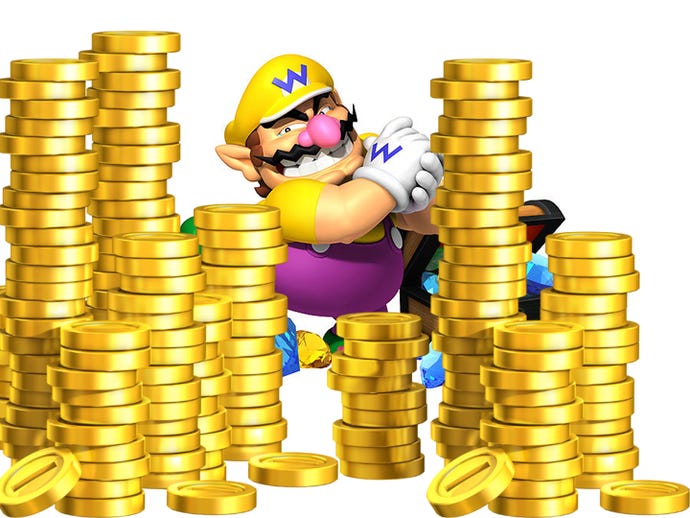Are microtransactions making you lazy?
Driveclub developer Evolution Studios announced this week that its PS4 racer would offer players the chance to buy in-game content with microtransactions if they don't have the time to earn it through play. This got Dave thinking; are microtransactions making us lazy?
I've never fully understood the concept of paying to unlock on-disc content early.
When I buy a new game for £50 in a shop then surely I've purchased everything in that box? Why would I then want to give a publisher or format-holder even more of my money for items that I'd unlock eventually through play?
When I sit here and actually try to comprehend this, I figure that some people are just too busy to put 60+ hours into progressing far enough to earn all of a game's top-tier content. I assume that paying for those goods alleviates the pressure when a person simply doesn't have enough time in the day.
I'm in no way putting these people down, but my question to them is, what's the rush?
Think about this for a moment; you're paying more money for content you already own because you say you're too busy. Has someone set a deadline for when you must finish the game? Is there a gun pointed at your head hooked up to some bizarre, rapidly advancing contraption that is forcing you to reach the endgame before it expires?
No one's forcing you to buy these things, and that's an argument I've used often in defence of microtransactions in the past, but when Driveclub's paid micro-content was confirmed this week, I started to think about this a little differently.
Games are made to be played, and rewards like faster cars, better weapons and hitting level-caps are incentives that are there to be earned through skill, perseverance and dedication. Paying your way to those progression milestones - in my eyes - defeats the purpose and veers close to the blurred line of pay-to-win.
How is it pay-to-win? Well, how is it fair that a person can simply pay for a better car in Driveclub then take it online to compete against those progressing normally in lesser vehicles? No one has confirmed that this is the case, by the way, and I'm merely throwing out a theoretical, but it's clear that the definitions are less-rigidly defined today.
Imagine if, instead of spending hours levelling up in Dark Souls to earn new weapons and armour, I just paid a fiver for the Lightning Spear or another high-level item. Would I have felt the same degree of accomplishment and reward for finally reaching the end credits, as I did when I finished the game legitimately? Absolutely not.
I'm a firm believer that gratification should be earned in games, but the sad fact is that too many titles are getting easier these days, and we're being offered paid shortcuts to the finish line at several junctures. The temptation is being thrust under our noses all too often, yet someone must be buying into it as it keeps on coming back.
The feeling of reward is almost given to players as an obligation to keep them engaged now, for fear of them losing interest in a game, rather than won through graft, memorising attack patterns and genuinely being skilled. I'd rather toil for weeks trying to finish something like Contra on NES without the Konami Code than pay for some extra lives or a better gun.
The alternative just feels lazy to me, but perhaps - at age 30 - I'm already coming at the modern game market with old, weary eyes?











